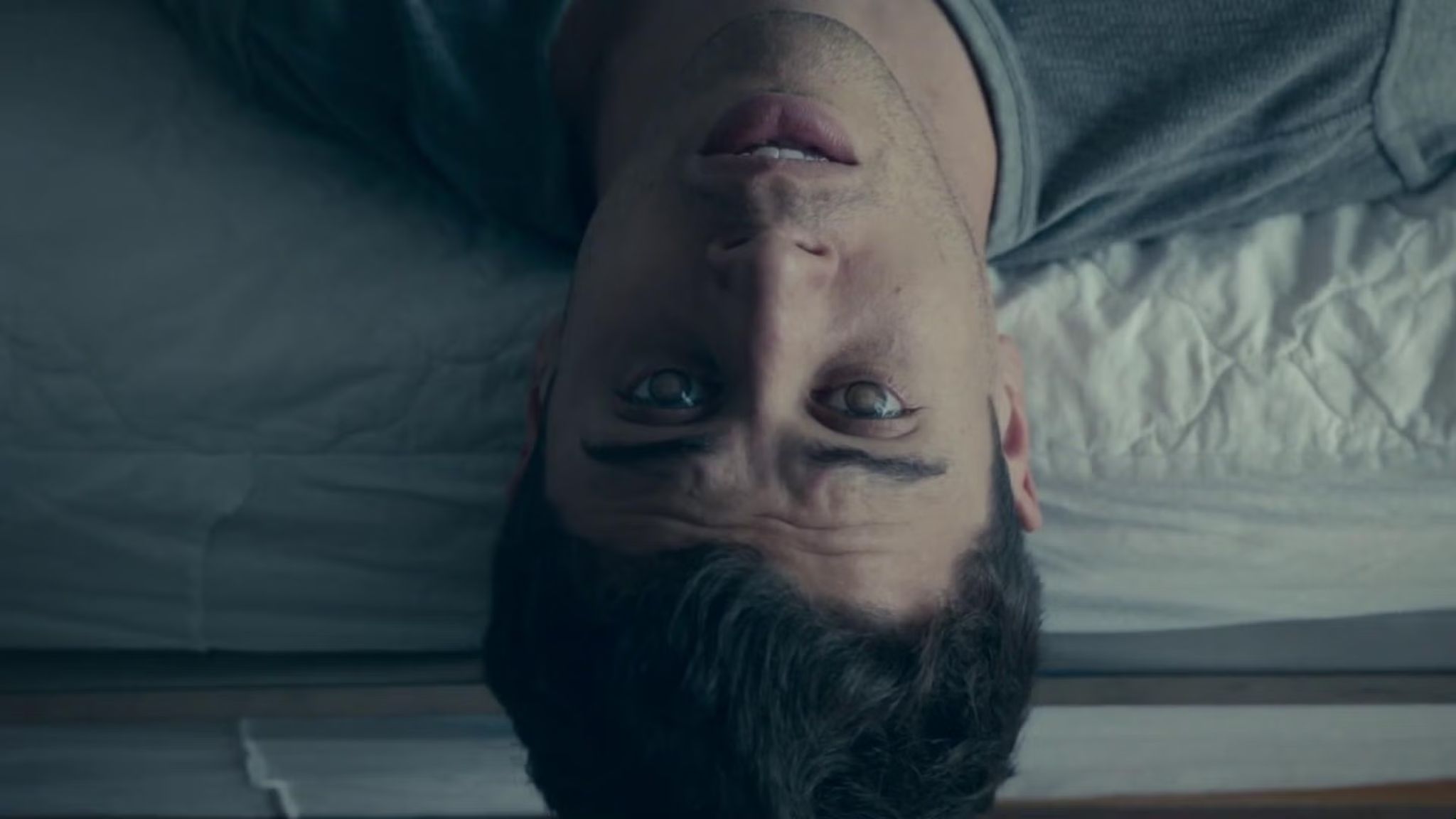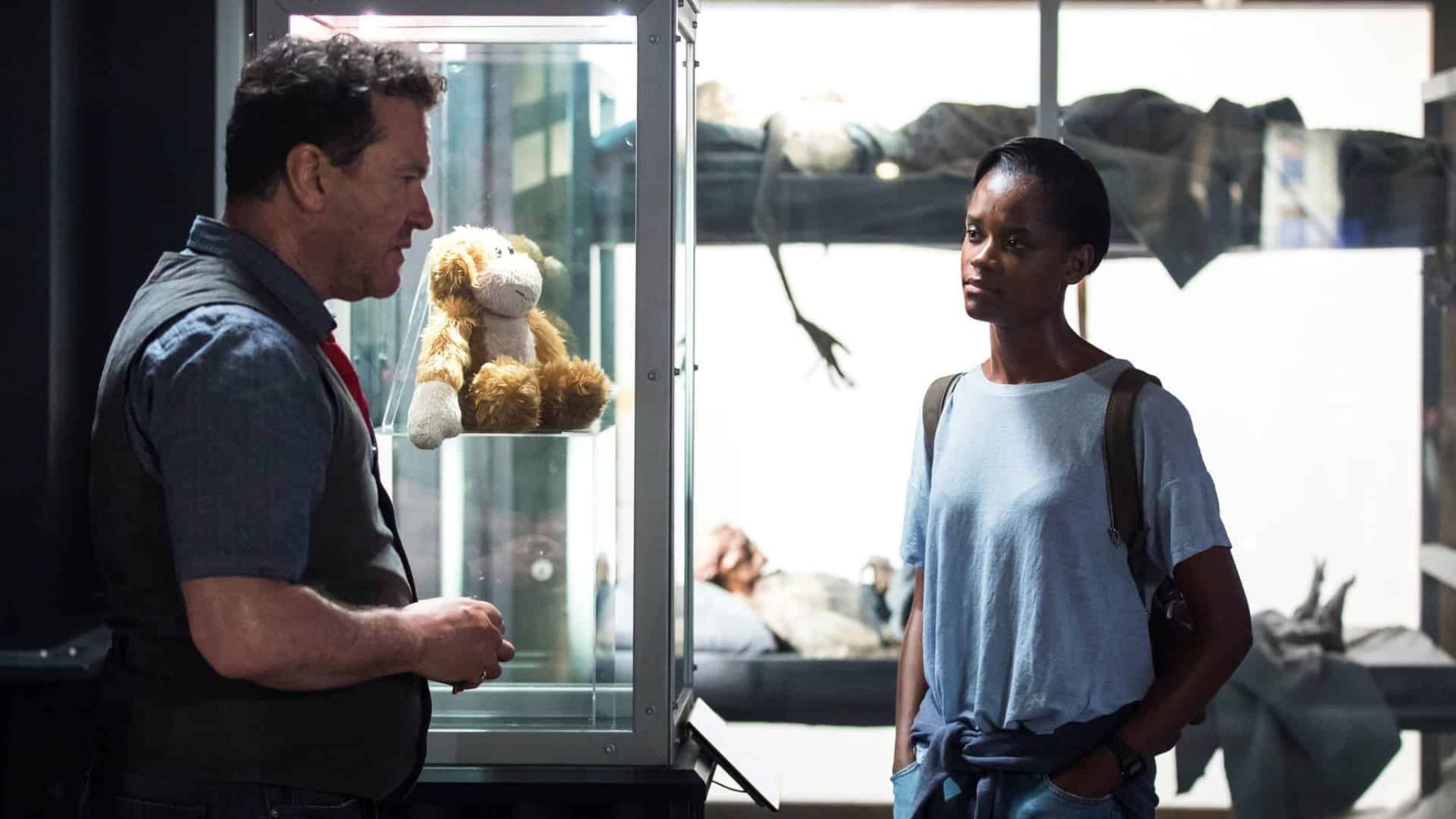
Since its premiere in 2011, Charlie Brooker’s anthology series Black Mirror has reshaped the way we perceive technology’s influence on our society. Each standalone episode serves as a self-contained film, delving into the ominous facets of our growing digital world. Instead of portraying tech advancements as solutions to human problems, Black Mirror showcases how these innovations can magnify our imperfections rather than alleviate them. The series’ power lies in its speculative storylines, not just for shock effect but to probe profoundly human themes such as relationships, recollection, justice, and self-identity. Although the technological elements serve as plot devices, it is the characters’ encounters with complex ethical dilemmas without straightforward resolutions that leave a lasting impression on viewers, provoking thoughts about how they too might act in similar situations.
As a devoted fan of Black Mirror, I’ve had the pleasure of watching all 27 episodes spread across six seasons (not forgetting the interactive masterpiece that is Bandersnatch). From harrowing dystopian nightmares to heartwarming romance and even a sprinkle of dark wit, this series never ceases to surprise. Ranking my favorite episode has been an arduous task due to the vastly different narratives. However, with Season 7 just around the corner on Netflix, here’s my personal choice for the best Black Mirror episode yet.
7) “The Entire History of You” (Season 1, Episode 3)

In a society where people have memory devices installed in their ears to record their experiences, the series “The Entire History of You” follows the character Liam (Toby Kebbell) as his suspicions about his wife’s infidelity lead him to compulsively revisit and dissect past memories. At first, this behavior is driven by jealousy, but it quickly spirals into a terrifying journey into paranoia as Liam coerces his wife, Ffion (Jodie Whittaker), to relive their shared memories for his inspection.
The episode masterfully shows that technology intended for flawless memory storage could potentially harm relationships by making individuals unable to forget minor offenses or tolerate small untruths that occasionally maintain harmony. Director Brian Welsh skillfully builds tension as Liam’s inquiries steer him towards a truth he can never erase again. As one of the earliest episodes in the series, “The Entire History of You” set the template for Black Mirror, which involves exploring a specific technological idea to its ultimate extent, uncovering how advancements meant to improve our lives might instead exacerbate our darkest impulses and damage what we value most.
6) “White Bear” (Season 2, Episode 2)

The show “White Bear” starts with a woman named Lenora Crichlow waking up without knowing her identity or how she ended up there. She soon realizes she’s being pursued by masked individuals while onlookers merely film her fear. The initial setting – a world where people have become indifferent spectators to pain – gradually unveils a chilling secret about justice and retribution, making viewers ponder their own violent instincts. Director Carl Tibbetts keeps the suspense high throughout, denying the audience any respite until the heart-wrenching truth is disclosed.
One effective rephrasing could be: “What sets ‘White Bear’ apart is its skillful manipulation of audience emotions, making us empathize with a protagonist whose viewpoint is intentionally narrow and then provoking us to reconsider our moral judgments as more details unfold. This episode functions as a sharp critique of public humiliation and punishment, raising doubts about whether technological advancements might instead fuel our basest instincts for revenge rather than fostering more compassionate methods of justice.
5) “USS Callister” (Season 4, Episode 1)

The TV episode “USS Callister” skillfully merges classic “Star Trek” style with a chilling exploration of power dynamics, workplace misconduct, and artificial intelligence. In this story, we meet Robert Daly (Jesse Plemons), an intelligent yet socially awkward programmer who crafts digital copies of his colleagues within a personalized version of the multiplayer game he helped create. He then compels them to act as loving crew members in his space saga while meting out punishment for defiance. The arrival of new employee Nanette (Cristin Milioti) ignites a spark of rebellion among the captive crew, as she fights tirelessly to free herself and her comrades.
The extended episode, titled “USS Callister,” garnered universal praise for its clever role swap, enabling Daly’s victims to retaliate against their digital tormentor. This episode is particularly notable due to its exploration of current issues such as harmful masculinity and the misuse of power in technology. At the same time, it showcases some of the most engaging and visually stunning episodes within the series, demonstrating that Black Mirror excels at blending thought-provoking social commentary with captivating narrative storytelling.
4) “Black Museum” (Season 4, Episode 6)

The “Black Museum” operates as an independent collection within the broader universe of “Black Mirror,” showcasing a chilling assortment of technologically-induced terrors at a roadside exhibit run by Rolo Haynes (Douglas Hodge). As visitor Nish (Letitia Wright) navigates through the displays, she encounters three interwoven tales exploring the perils of consciousness transfer, misguided empathy, and digital incarceration. This episode functions as a grim reflection of the series, echoing past episodes while delving into the abuse of pain for amusement.
In Director Colm McCarthy’s skilled hands, the story unfolds subtly, revealing Nish’s real intentions for coming, leading up to a powerful act of retribution against a system that exploits suffering. The episode’s design cleverly delves into various technological horrors while keeping a consistent plotline, making it ideal for both new viewers and those who enjoy the show’s self-referential elements.
3) “Hang the DJ” (Season 4, Episode 4)

Stepping away from the usual gloomy tone of the series, “Hang the DJ” offers a heartwarming dive into contemporary dating experiences, narrated by two characters – Frank (Joe Cole) and Amy (Georgina Campbell). They are part of an intriguing dating system that assigns couples for specific durations, promising to ultimately find them their ideal partner. As Frank and Amy develop a bond during their initial brief pairing, only to suffer through unhappy relationships with other partners, they start to challenge the system’s rules and methods. Director Tim Van Patten crafts a strikingly sterile environment that underscores the deep emotional bond between our protagonists, making their rebellion against algorithmic dating feel remarkably groundbreaking from my perspective as a movie reviewer.
The power of this episode comes from its skillful exploration of genuine concerns about contemporary relationships, such as the dilemma of too many options, the apprehension of settling, and the debate over whether love can be quantified. Unlike most episodes of “Black Mirror”, “Hang the DJ” offers a surprisingly optimistic ending that reinterprets all we’ve seen, implying that technology could actually boost human interaction rather than detract from it, provided it values our freedom to choose and defy.
2) “San Junipero” (Season 3, Episode 4)

San Junipero” marks a notable shift from the usual somber mood of “Black Mirror,” instead presenting a heartwarming romance between timid Yorkie (Mackenzie Davis) and vivacious Kelly (Gugu Mbatha-Raw). Set in a nostalgic 1980s coastal town, which serves as a virtual afterlife for the elderly and those nearing their end, characters can temporarily visit or permanently upload their consciousness. Director Owen Harris imbues the episode with radiant neon lights and fitting music from the era, crafting a lively setting for this examination of love that transcends physical boundaries.
The episode “San Junipero” stands out by employing its technological backdrop not only to forewarn of potential risks, but more so to envision how advancements can free us from the limitations of our biology. This allows for connections that would be unattainable in reality. This innovative approach earned widespread praise for its sensitive depiction of LGBTQ+ relationships spanning various decades and its poignant exploration of themes such as grief, personal agency, and the concept of eternal life. By raising significant questions about consciousness and mortality while providing one of the most heartwarming love stories on TV, “San Junipero” demonstrated that Black Mirror is equally impactful when exploring technology’s healing potential as it is in portraying its destructive capabilities.
1) “White Christmas” (Season 2, Episode 4)

In a heartfelt “White Christmas” special, Matt (Jon Hamm) narrates three intertwined tales to his companion Joe (Rafe Spall), during their festive isolation. These stories, set against a backdrop of advanced technology and artificial intelligence, delve into the chilling realities of punishment, loneliness, and moral dilemmas in AI development. The narratives unfold with a digital assistant born from human minds, a device to cut off people in reality, and a dating coach who streams experiences through clients’ perspectives. Director Carl Tibbetts masterfully constructs suspense, gradually unveiling the enigmatic circumstances of Matt and Joe, culminating in emotional twists that significantly alter the narrative landscape.
The “White Christmas” episode of “Black Mirror” is often considered its finest, praised for its intricate structure and consistent themes. Each segment seamlessly follows the other, reaching an emotionally impactful climax that ranks among the series’ most heart-wrenching conclusions. Starring impressive performances by both Hamm and Spall, this episode encapsulates what makes “Black Mirror” unique: groundbreaking ideas, unexpected twists that never seem out of place, and a deep exploration of how technology can amplify our darkest instincts.
Read More
- AUCTION/USD
- Solo Leveling Season 3: What You NEED to Know!
- Owen Cooper Lands Major Role in Wuthering Heights – What’s Next for the Young Star?
- `Tokyo Revengers Season 4 Release Date Speculation`
- Pokémon Destined Rivals: Release date, pre-order and what to expect
- Pregnant Woman’s Dish Soap Craving Blows Up on TikTok!
- Stephen A. Smith Responds to Backlash Over Serena Williams Comments
- XRP/CAD
- Is Disney Faking Snow White Success with Orchestrated Reviews?
- AEW Fans Are Loving Toni Storm’s Uncanny Mariah May Cosplay From Dynamite
2025-04-03 02:47